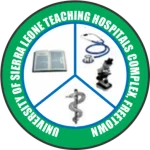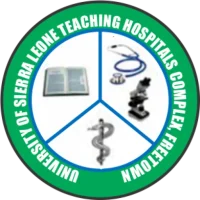Background
Millions of Nigerians are unable to access healthcare due to the high cost and lack of health insurance, resulting in significant out-of-pocket expenses. The government introduced health insurance to reduce financial hardship and move toward universal health coverage. This study aimed to determine the factors associated with the utilization of healthcare services in Osun State with implications for enrolling in the health insurance scheme.
Methods
This was an analytical cross-sectional study of 420 respondents selected using the multistage sampling method. A structured interviewer-administered questionnaire was used to elicit data. Composite variables for healthcare service utilization were computed from the questionnaire and categorized as good or poor for both enrolled and non-enrolled respondents. Data analysis was done using IBM SPSS version 24, and p ≤ 0.05 was taken as statistically significant.
Results
A significantly higher proportion of enrolled respondents utilized healthcare services compared to the non-enrolled (90.2%, p < 0.001). Good utilization among enrollees was associated with age 40–49 (34.1%, p = 0.001), higher income (p = 0.004), larger households (p = 0.028), and more dependents (p = 0.054). Among non-enrollees, age 30–39 (44.9%, p = 0.002) and larger households (74.5%, p = 0.052) also showed higher utilization. Income level significantly predicted utilization for both enrollees (OR = 6.875, CI = 1.056–44.778) and non-enrollees (OR = 2.579, CI = 1.111–5.987).
Conclusion
Health insurance enrollment improves access to healthcare and reduces financial burden. Lack of enrollment may worsen barriers to care. The government should expand coverage to include a larger portion of the workforce and the general population in order to achieve universal health coverage.

